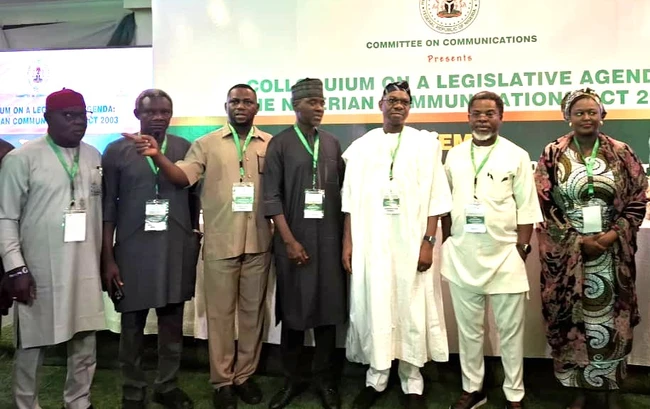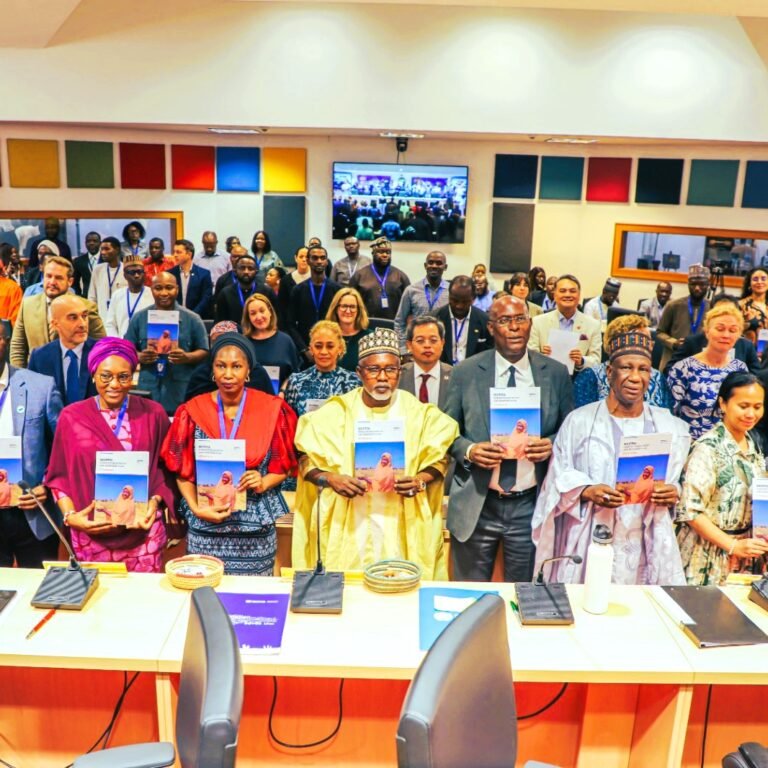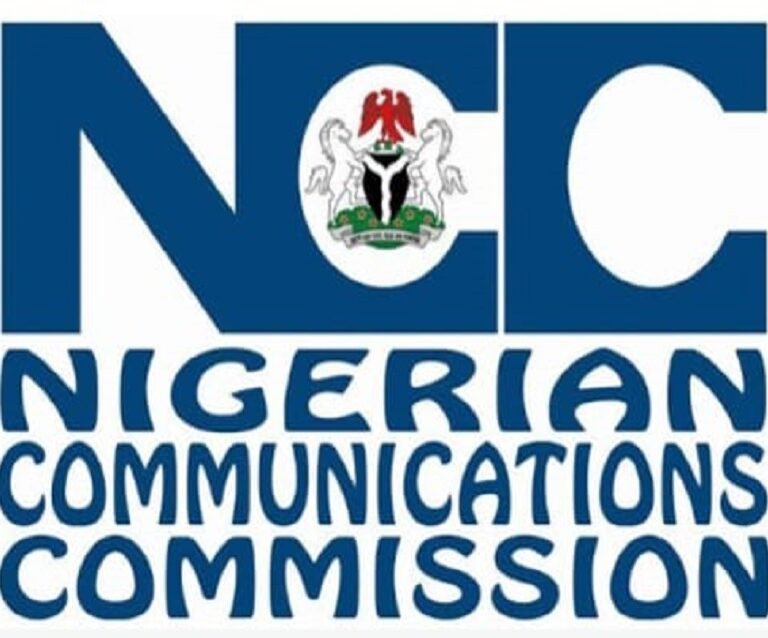
By Uriel Ihotu
After 22 years of guiding Nigeria’s telecom revolution, the Nigerian Communications Commission (NCC) has initiated moves to review the Nigerian Communications Act 2003, citing its limitations in addressing current and future technological realities such as artificial intelligence (AI), 5G, quantum computing, Internet of Things (IoT), and blockchain.
At a stakeholder colloquium held in Lagos and themed “The Nigerian Communications Act 2003: 22 Years After—Challenges, Opportunities and Future Directions for a Digital Nigeria,” the NCC brought together lawmakers, industry experts, and regulators to brainstorm on key areas requiring reform.
In his address, the Executive Vice Chairman of NCC, Dr. Aminu Maida, said the act—once a landmark legal framework—no longer adequately supports the needs of Nigeria’s fast-evolving digital economy. He noted that the rise of emerging technologies and widening digital disparities had rendered parts of the law obsolete.
“The reality of 2025 demands we reimagine Nigeria’s digital future. A revised Communications Act must anticipate opportunities, not merely respond to challenges,” Maida asserted.
He stressed that challenges such as inadequate power infrastructure, high Right of Way (RoW) costs, and increasing operational expenses were hindering the deployment of digital infrastructure, particularly in rural communities. He also flagged cybersecurity threats and mounting capital requirements as pressing concerns inadequately addressed by the existing law.
Despite these challenges, Maida praised the 2003 Act for its historical impact, stating that it dismantled monopolies, established regulatory transparency, and catalyzed massive growth in the telecoms sector. He highlighted progress such as mobile subscriptions growing from under 300,000 in 2001 to over 150 million today, increased internet penetration, and the sector’s 14% contribution to Nigeria’s GDP in Q3 2024.
The NCC boss also credited the Act for enabling transformative services like mobile banking, e-commerce, and e-learning, which have reshaped daily life in Nigeria.
Chairman of the House Committee on Communications, Hon. Peter Akpatasone, called for a legal framework that addresses emerging issues and supports innovation, especially in areas like AI and 5G. He emphasized the importance of bridging the digital divide and strengthening cybersecurity.
Also speaking, Speaker of the House of Representatives, Rt. Hon. Tajudeen Abbas, represented by Deputy Whip Isiaka Ayokunle, applauded the initiative, stressing that communication plays a vital role in economic development. He noted legislative efforts already in place, including the Cybercrime Act, Nigerian Data Protection Act, and the Nigerian Startup Act, which aim to create a supportive ecosystem for digital growth and entrepreneurship.
He expressed optimism that the colloquium would provide valuable insights for amending the Act and strengthen legislative efforts to shape a future-ready communications sector.








